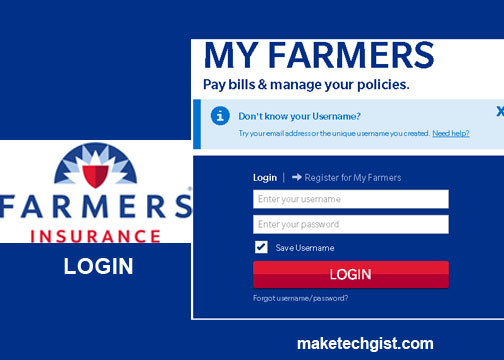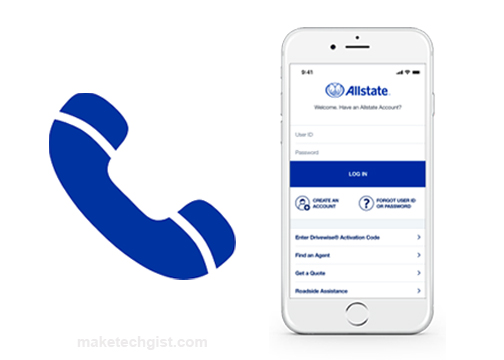Although a term life insurance policy has a set duration and an expiration date, it usually offers the maximum coverage for each dollar of premiums paid. A 10-year term life insurance policy is one option for term life coverage. For ten years, this policy offers coverage.

Selecting the best life insurance plan for your requirements may depend on your understanding of how it operates. Let’s evaluate 10-year term life insurance in more detail, including what occurs when it expires and several scenarios in which purchasing a 10-year life insurance policy can be prudent.
What is 10-Year Term Life Insurance?
A 10-year term insurance policy, as its name implies, is a type of life insurance that offers coverage for a predetermined ten years. Moreover, the beneficiaries get a predetermined lump payment, called the death benefit, if the policyholder dies during this term. However, the policy expires, and no benefits are paid out if the policyholder survives after the term period has passed.
How Does 10-Year Term Life Insurance Work?
Even if your health changes, a 10-year term life insurance policy ensures that your rates will remain locked in for ten years. Your beneficiaries are eligible to receive a death benefit if you die away while the insurance is still in effect.
A 10-year life insurance policy will require you to choose between a:
- The sum of coverage is sometimes referred to as the death benefit.
- Beneficiary, or the people who will get your death benefit.
The extent of the coverage you buy is determined by your financial objectives and budget. For example, if your objective is to guarantee that your house can be paid off in the event of your death, think about getting enough insurance to pay off your mortgage balance. You can choose a death benefit that remunerates your income for a specific period to ensure your loved ones can cover your expenses after your death.
For example, if you make $100,000 annually and you want to make up your salary for ten years, $1 million in coverage could be appropriate. The death benefit allows your loved ones to cover expenses in your honor, including burial fees, utility bills, groceries, schooling, and unpaid debts.
What Happens After the 10 Years Are Up
The coverage expires when the 10-year policy term is up. A greater premium may be required to renew some plans. Additionally, you may decide to buy a new policy. Moreover, insurance agents can assist you in determining the best course of action if your term insurance is about to expire, taking into account your particular needs and financial circumstances.
Who Needs 10-Year Term Life Insurance?
A 10-year term life insurance policy is appropriate for anyone who worries about their family’s well-being. This is suitable for individuals seeking temporary security, such as 10 years before their family requires more financial support. Moreover, people can choose to do so if they anticipate incurring particular costs after this term.
This deals with the potential to pay for a child’s marriage or education in ten years. Those who are unable to pay the higher rates associated with permanent life insurance coverage may also apply for it. Furthermore, those who might have obligations in ten years are the best candidates for this.
How Much Does 10-Year Term Life Insurance Cost?
The average cost of a 10-year term life insurance policy for a 30-year-old female is $180 per year for $500,000 in coverage. The cost of your life insurance will vary depending on several variables, such as your age, gender, health, and level of smoking. The following lists the typical life insurance premiums for various age and gender groups for a 10-year term life insurance policy.
Why Choose 10-Year Term Life Insurance
The premium for a 10-year term life insurance policy is fixed, and the death benefit is predetermined. Additionally, you will always be covered as long as you pay your premiums. However, that is true for any term length you select, so why would you purchase a 10-year policy?
A shorter-term policy should be chosen for several reasons, including:
- You’re an elderly person with debt to pay off.
- When your kids are young and living at home with you, you want to keep them safe.
- Additionally, you might want to augment insurance provided by social security or other income sources that you would not be able to replace in the event of an untimely death.
- Your needs are for shorter-term life insurance.
Furthermore, since you have paid off your mortgage, you do not require coverage against death-related income loss in the event of your demise. Additionally, do you not also require coverage against loss of home equity?
How to Choose the Best 10-Year Term Life Insurance
It can be difficult to choose a good term plan for your loved ones’ security because there are many different types of term life insurance policies. Here are a few things to think about.
Financial commitments
Pay careful consideration to the financial responsibilities you have both now and may have shortly. It might cover debt repayment, spending on dependents (elderly parents and children), etc. Also, consider any probable need for emergency cash or unforeseen medical costs. Selecting the appropriate plan guarantees your dependents’ financial stability during your absence.
Age and health
These are two more important considerations when choosing an appropriate term. For those in good health and who are young, a longer term would be appropriate. It’s wise to take into account any family medical histories as well, since these may affect your insurance requirements and future health.
Spending limit
Select a term life insurance policy with reasonably priced premiums. You need to budget the appropriate amount of money because premiums are an ongoing expense. You can also choose insurance so that the cost of the premiums won’t be too high for you. Furthermore, seek out a term life insurance policy with adjustable rates or payment flexibility in response to shifting financial situations.
Future life changes
As you move through different periods of life, your financial obligations may also change. Once you have a family, you may need to pay for your children’s school fees, so make sure to review the policy’s features. Seek features like premium waiver benefits, riders for critical sickness or disability, or the opportunity to convert a term insurance policy to a whole-life policy that fits your circumstances.
Path of Career and Stability of Income
Your economic stability and professional path are quite important. You may require an insurance policy that enables flexible premium payments if your line of work involves fluctuating income, such as freelancing or commission-based employment. Furthermore, take into account the possibility that your professional route will result in significant pay increases, which may eventually necessitate greater coverage.
Examine policies
Every business provides a range of plans at varied premium costs. Obtain quotes from multiple insurance providers, and then evaluate the prices to be sure you’re getting the best offer. Take into account the IRDA claim settlement ratio in addition to the premium cost.
Lastly, find out about the insurance provider’s financial standing and standing in terms of customer service. Also, strong financial ratings increase a company’s long-term dependability and guarantee that it will be able to pay claims when they arise.
Major Benefits of 10-Year Term Life Insurance
If you need life insurance for a little time, a 10-year policy can be worthwhile. If you wish to cover short-term financial responsibilities, you might think about purchasing this kind of life insurance. For example, a 10-year term life policy could be appropriate if you wish to pay off debt over the following ten years.





